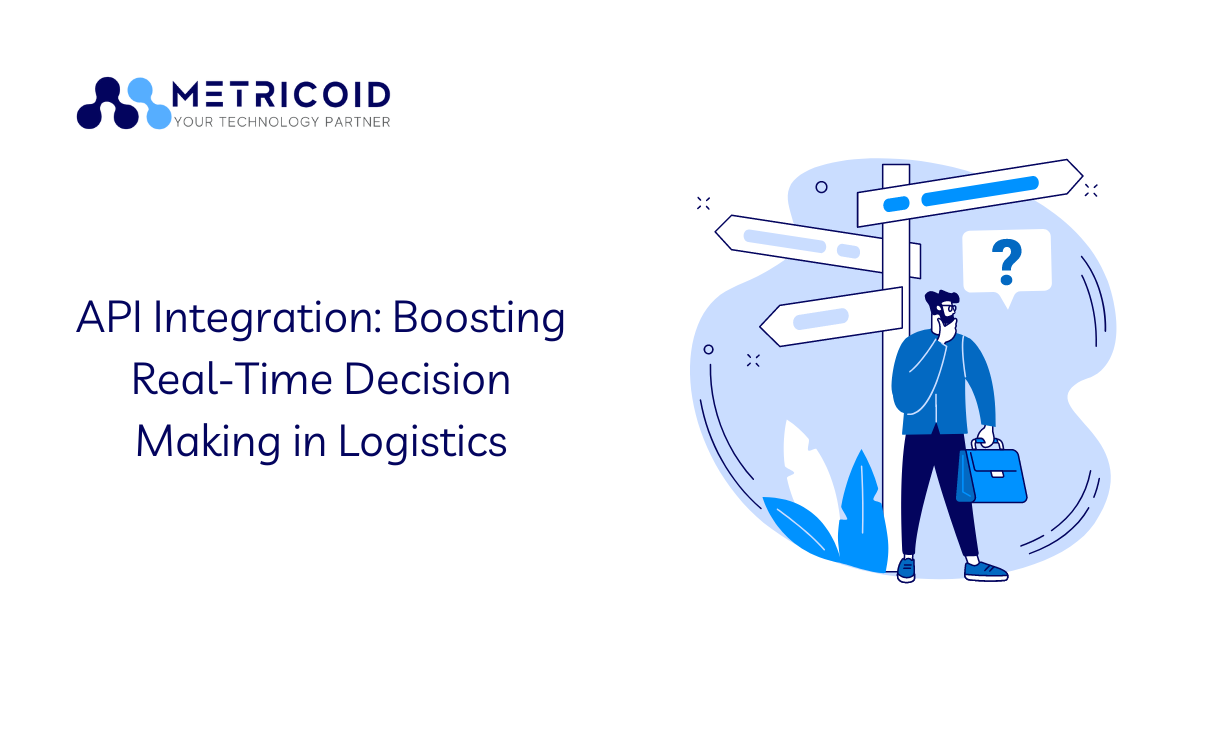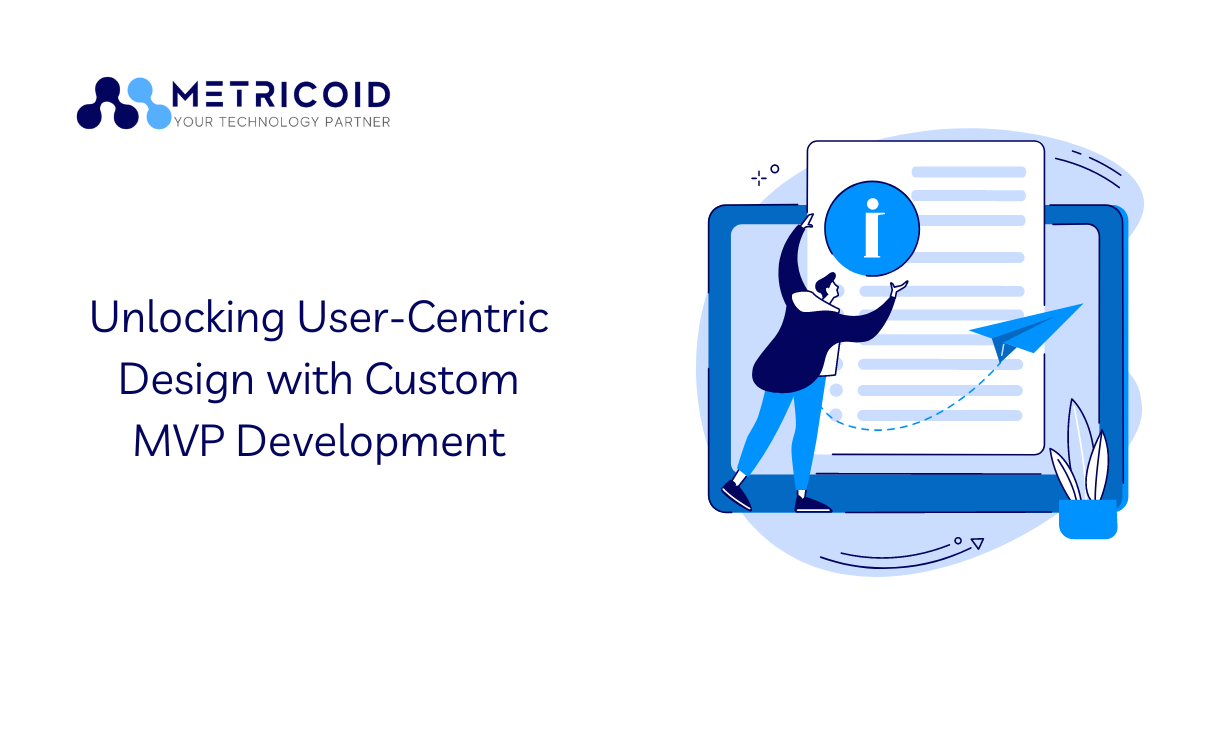Legal Considerations for White Label Software in Startups

Legal Considerations for White-Label Software in Startups Startups often utilize white-label software solutions to quickly launch and scale their products. However, while white labeling can be highly advantageous, there are important legal aspects that startups need to consider. Below is a comprehensive overview of these legal considerations: 1. Navigating the Complex Landscape of Intellectual Property















